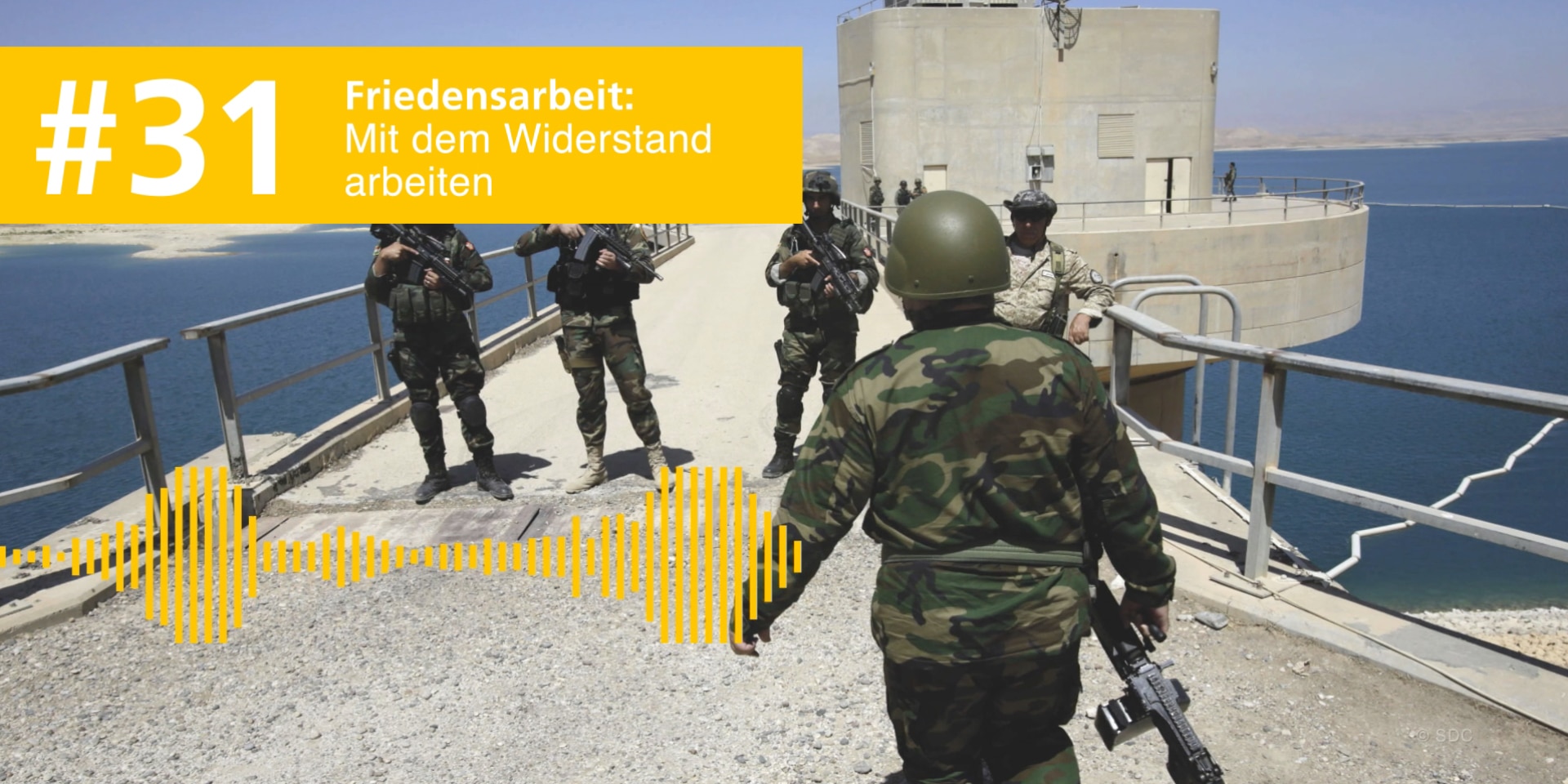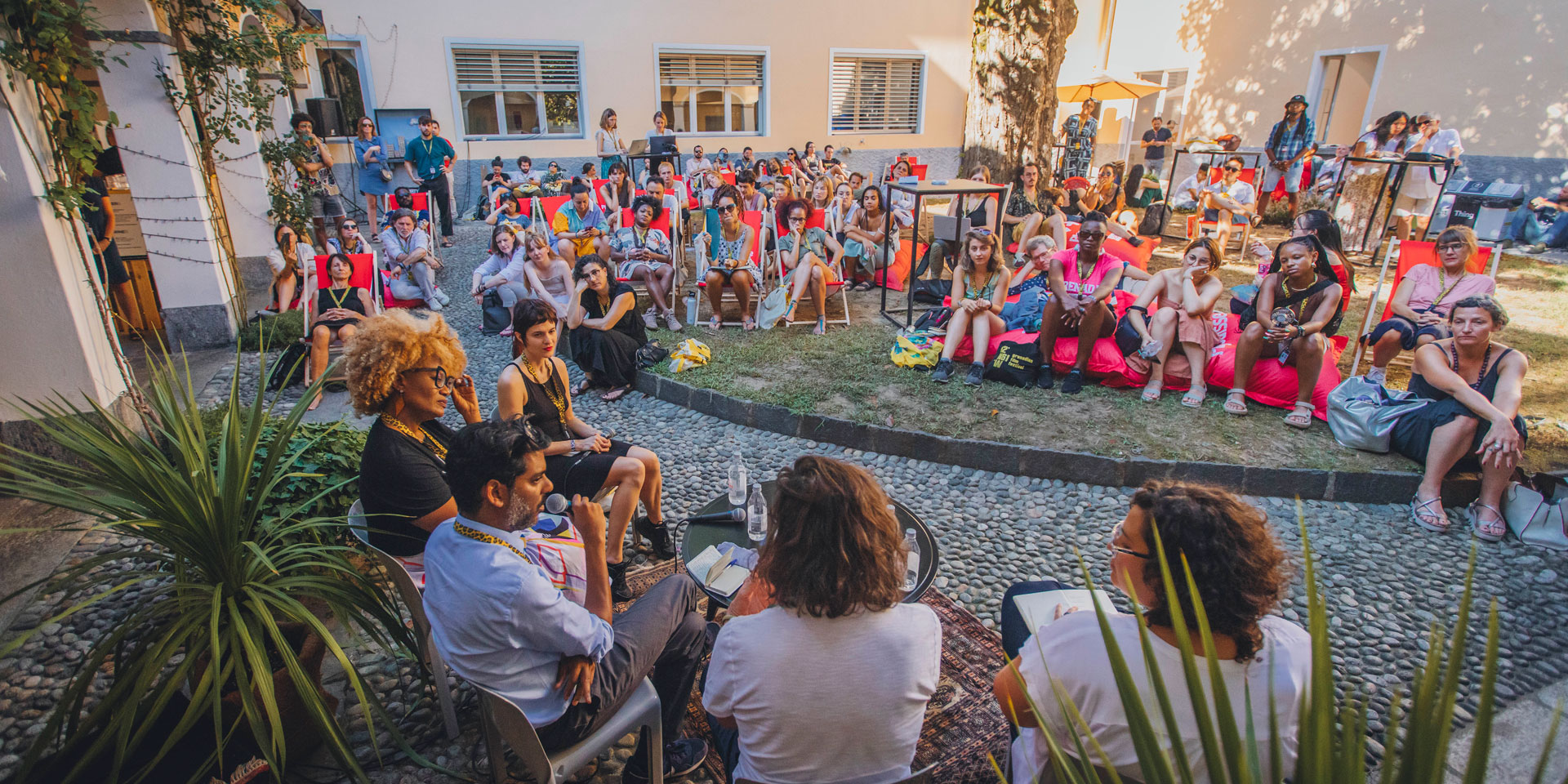Cuba
Insights into cooperation with Cuba. © SDC
Area: 109,900 km2
Population: 11.2 million
GDP per capita: USD 9,500 (2020)
Priority country since 2013
Cuba is not a typical partner country for Swiss development cooperation. It has a socialist system, relatively well-balanced socio-economic conditions, and is ranked as an upper-middle-income economy by the World Bank. In the 1990s, however, when Soviet support for the country came to an end, Cuba was plunged into a lengthy crisis. In terms of foreign policy, Switzerland sought closer ties with Cuba (where it had represented the United States diplomatically since 1961). This was motivated by the expectation that Cuba would open up both domestically and internationally, and by a desire to play an active role in the country's political and economic transformation. In 2000, the first cooperation programme for Cuba started to be developed. In 2013, Cuba became a priority country. The SDC's approach focused on strengthening local structures and actors – the municipios, public and civil society organisations, and small businesses – in order to bolster their contribution to better living conditions for local communities. This included the application of new management methods by municipal authorities to devise and implement local development strategies as well as specific plans to improve housing conditions with the participation of local people. Concrete economic activities were also stimulated and supported, in particular the establishment of sustainable agricultural value chains and the local production of (otherwise scarce) building materials for housing.
Participation in reforms
Another of the SDC's main objectives was to take part in Cuba's reform process, in particular decentralisation and local development. In recent years, vocational training has also been prioritised, with the SDC working closely together with the Cuban national authorities.Through policy dialogue, it also became possible to gradually address sensitive issues such as effective decentralisation and combating all forms of discrimination, including those based on ethnicity, gender, sex or sexual orientation. The development cooperation programmes covered the entire island.


